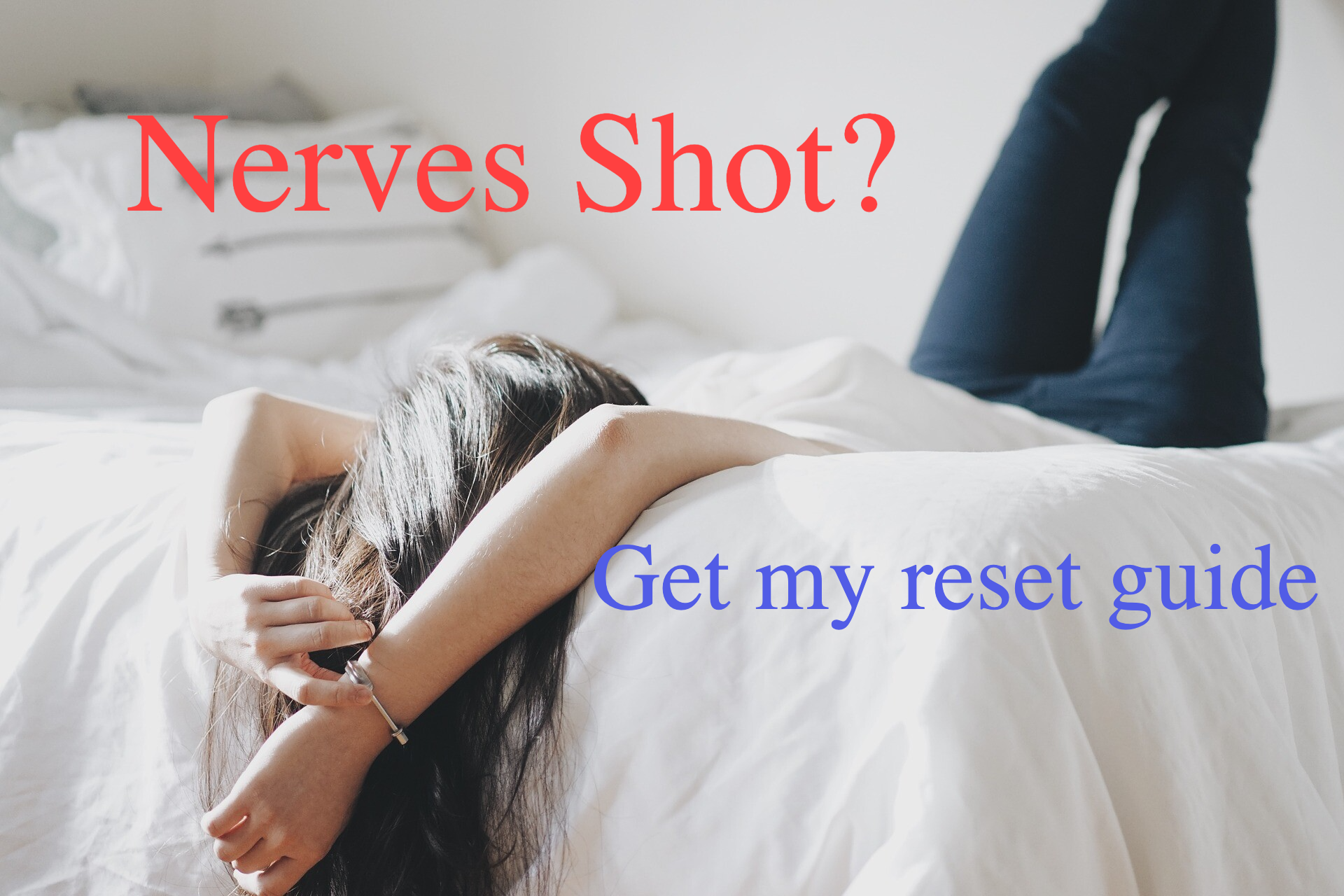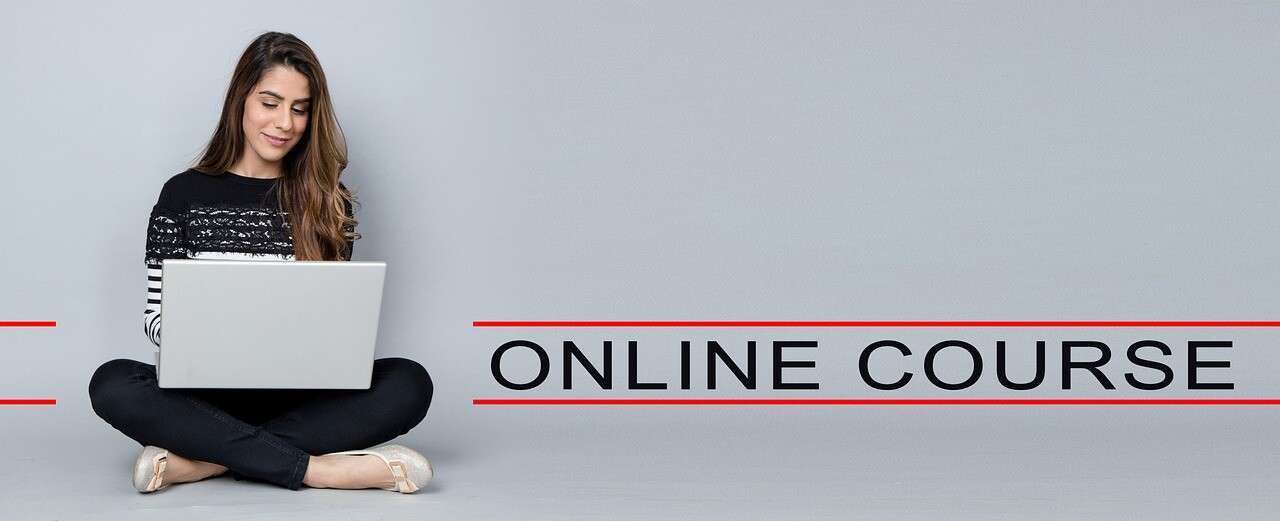
Have you had an uptick in worry, even with the good news of fewer cases and effective vaccines? If yes, you are in good company.
A year ago, I was talking nonstop about ways to care for our nervous systems. The sudden arrival of the COVID-19 pandemic, and the never experienced (for most of us) stay-at-home orders, were triggering all the threat system alarm bells.
Problems sleeping. Nervous tension. A visceral response to wearing a mask for the first time in the grocery store. I had them all, and so did my patients.
With the anniversary now past, we are getting daily good news: the vaccines are safe and effective, hospitalizations are going down, and we may be able to have some normalcy by summer.
So why might we feel uneasy about having friends and family inside our homes again, with or without masks? Dining in a restaurant is one of my favorite things ever, but I know that after a year of strictly takeout, being seated inside is going to feel so strange!
Apparently, we are more likely to feel re-entry anxiety if we find staying home to be comforting, because it gives us control. We can reduce our risk when in our home environment, and when we go out, we are increasing our risk. People who are less concerned for their survival experience a bigger feeling of loss from being told to stay home.
Experts say that there are some things we can do to manage anxiety as we emerge back into public spaces. Focus on what you can control. Get good information to assess your risk. Ease into things, no need to make the re-entry as abrupt as the lockdown. Practice mindfulness so that you can recognize and “surf” the anxiety when it happens.
I find it helpful to remind myself it is normal to be on guard, so when my heart speeds up or I get that visceral gut feeling, my mind doesn’t have to scramble to guess about what danger may be nearby. Because our minds want to make sense of things, and when the threat system gets activated our minds will take all kinds of guesses. We can over-react endlessly and stay alive, but we can only under-react once. Our brains aren’t concerned as much about our happiness as our survival. Telling myself my body is just nervous because it has been so long with these precautions will go a long way toward making this transition as easy as possible.

I figure if I have to say it a bunch of times at work, probably lots of other people need to hear it too.
Rest is not “doing nothing.”
It’s not just binging videos or losing an afternoon to games on your phone either, although those things can be part of rest.
We all need to participate in active relaxation, and get deep rest, and drop any guilt about it. Despite the pedestal we put overwork on, we actually get much less done when we work too many hours.
So, active relaxation, just what is that? Meditation. Reading, listening to, watching something uplifting. Gratitude journaling.
Napping. Progressive muscle relaxation.
Putting away the piles, lists, and chores and engaging in a hobby can also be restful. Creating something – knit or sew, hammer or saw, sing or strum. Disengage from the drudgery and play.
I hear a lot, “I was just so tired, I had to do nothing all day yesterday.” Well, if you are that tired, then you weren’t doing nothing. You were resting, it’s just that your body had to take you down to get what it needs.
Make time to rest, whether it’s sleep or shifting your energy to something that refuels you, before you are running on empty. (I hope you don’t wait until your car is sputtering or the engine seizes up before you add gas and oil?)
Go do something really important...rest.

Something I’ve noticed with my job over the years is sensing “something in the air” affecting people isn't just made up. When it’s midweek and I’ve had the same conversation half a dozen or more times, I have been known to boldly declare that something is in transit or retrograde, because too many of us are in the same place.
This week, something I talked a lot about is having “the Januarys.” We are moving slowly, our energy is lower, and there can be a strong draw to “nesting.” Maybe it’s the post-holiday fallout, or we finally are tired of looking at that same clutter, but it’s not uncommon to be cleaning shelves and rearranging furniture. I shifted everything on my desk so that I’m two feet to the right, because I got tired of being overly toasty from sitting above the baseboard heater. Now I have to figure out how to function with everything to the left of my computer, when I'm veryveryvery right handed.
I’m also prone to unbelievable urges to get rid of about two thirds of the STUFF in our house. This is not met with enthusiasm by other household residents, so I have to approach with caution and with careful timing.
We are halfway through meteorological winter here in the north, we’ve gained about an hour of daylight, but it’s also the coldest time of year. If you aren’t into winter sports, or the bare ground is frustrating your skiing, cabin fever can set in. Throw in a pandemic and I can’t use my usual “get out and go somewhere new” advice. I like to send folks to greenhouses to smell the soil, or urge comfort food potluck dinners. This year...I'm hoping everyone just stays home so we are all around to emerge come spring.
The Januarys can be annoying for many, but for folks this year who are already maxed out from isolation or stress, it’s been even more pronounced.
This is a good time to pull out all the stops. Any positive coping skill you have, whether it’s rereading a favorite book for the umpteenth time, ordering way more seeds than is realistic because it helps you look toward gardening weather, or hauling unbelievable amounts of stuff to the thrift store, no judgment.

You can’t learn to swim in a hurricane.
This is not the topic I planned to write about this week. But…world events.
Anyone else have some jangling nerves the past few days? I hope they have eased as things seem to have subsided in our corner of the world. But it is normal for you to still be on edge. (I might actually be more worried for anyone who isn’t still worried.)
Those feelings you may be having – physical tension, problems concentrating, weird sleep and appetite are some common ones – are your danger alert system. Our brain is hard wired to be on the lookout for threats, above all else. The problem is our brain isn’t always great about recognizing what is imminent physical danger and what is something to be concerned about but further away.
It’s like your typical smoke detector, which has one job: to let you know if it senses smoke or heat. It has no idea if the heat is from steam from a big stir fry on the stove, something left too long on the oven that is sending out smoke, or a candle that tipped over and caught the drapes on fire. It shrieks the same for all scenarios.
We can’t, and should not, try to get rid of our inner smoke detector, but we need to learn to react according to the actual threat, not the piercing sound. (Anyone else take your detector down if you are going to do lots of baking or cooking, and put it back up when you are done?) You probably already have some automatic reaction to your real smoke detector. If mine went off right now while I’m typing this, I’d be much more startled than if I’ve just opened the oven to check something and sent a waft of heat down the hall.
The reason our smoke detector is so loud is it needs our attention over everything else. STOP NOW AND TAKE CARE OF ME! (If because of trauma, you have learned to tune out your detector, or it seems like you don’t have one, that’s a normal reaction to abnormal events, and can be recalibrated but that’s a different topic.)
I was supposed to teach a class on Wednesday on how to use breath work to manage moods. While it may seem like it was even more needed, I actually ended up cancelling because in the middle of a fire drill is the worst time to try to learn something new. When our brains are searching for the danger (done by the amygdala), the part that creates new memory (hippocampus) just can’t do its job well. We can’t form new memories, or what we remember is disjointed and we may recall less important points and struggle with the main theme.
Also, there is the danger of whatever is learned being connected in our minds to the shriek of the alarm. Maybe the next time you use the breath that is supposed to be calming, your mind goes back to the loud, scary alarm and the emergency you discovered.
Wednesday was a day to use the coping skills we already had, to the best of our abilities. If you do need some extra strategies, check out my nervous system guide for something that triggers automatic responses, no learning needed because your body already knows what to do.
I’m getting that class rescheduled, visit my homepage for the latest days and times. In the meantime, be gentle with yourself, and know that whatever high or medium alert you may still be feeling is actually a good sign of a brain that is doing its best to protect you.



